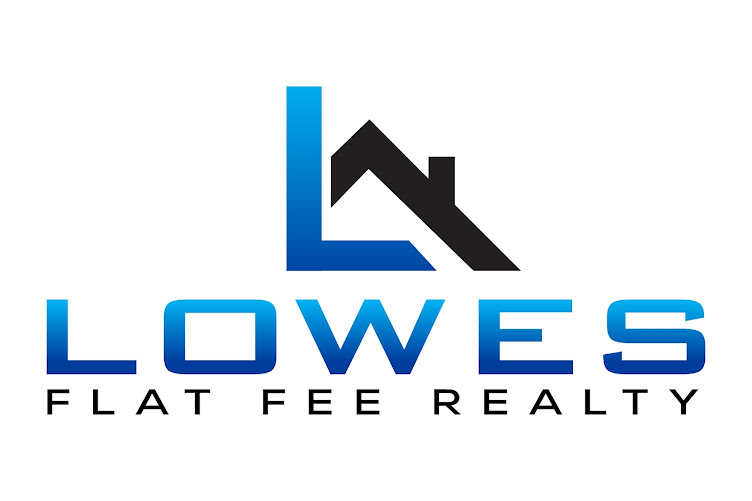While you're at it, make sure you understand the difference between prequalified and preapproved.
By Melinda Fulmer of MSN Real Estate

The thought of shopping for a home loan can be daunting, especially when news stories talk about how tight credit is and how perfect yourFICO score must be for lenders to even consider you.
In this month's Buying Advice, we'll look at how and when you should seek approval for a loan — and what documents the banks likely need to give your funding the green light.
We'll also check in with the latest market information; look at what's happening with the spooky, so-called "shadow inventory"; and consider what you should do when that property you've made an offer on hits appraisal problems.
Finding a home loan
Before you start looking at houses, it's a good idea to know how much you can afford. To get a rough idea, you can get a lender prequalification, a quick process that can tell you roughly how much home you can afford. This does not, however, mean you have secured financing, and it in no way obligates you to use that lender.
- Preapproval is the next step and is generally more involved, requiring documentation of your income and assets. This tells you how much a lender is willing to lend you and at what rate, which you must know when you're ready to make offers.
Here's what you should count on getting together for this process, according to Erin Lantz, director of Zillow's Mortgage Marketplace:
- Two months of pay stubs.
- Two months of bank statements: That means checking, savings, brokerage and retirement accounts. Be sure to include all pages, not just the summary page.
- Two years of W-2s if you are a salaried employee.
- Two years of tax returns if you are self-employed.
- Rental history for the last two years if applicable.
Be prepared to show any other sources of income, such as child support, rental income, retirement income or commission, and bonuses for a period of two years, Lantz says. You might even bring along a copy of your divorce decree if it helps show when you and your ex's money or expenses parted ways.
'The lender wants to get a sense of your full financial picture," Lantz says.
That also means pulling a copy of your credit report. People with the best scores will have access to the best rates. But, even these days, you don't need a credit score of 700 to get a loan, says Keith Gumbinger, vice president of mortgage research firm HSH.
"There is an erroneous belief that you cannot get a loan if you are not perfect," Gumbinger says. In reality, he says, those with scores above 580 still have access to credit.
And qualified borrowers without much of a down payment can still get a Federal Housing Administration loan that requires just 3.5% down. They will have to pay additional fees, as well as annual mortgage insurance, something folks with a traditional loan can cancel in as little as two years. Buyers with less than a 20% down payment are generally required to pay mortgage insurance.
Yes, it is more restrictive than it was a few years ago, when anyone who breathed could get a home loan. But it's not impossible.
And these days, Gumbinger says, it really pays to shop around.
"The availability of credit and the price of that credit is highly variable from one side of town to the other," he says. "You'll have lenders who are actively interested in getting your business and those that price themselves defensively" to avoid it.
Gumbinger says he recommends starting the preapproval process early and including some small to midsize lenders that do business in your area.
"They probably have more intimate knowledge of what's going on in your market," he says.
Before you start shopping, it's also a good idea to bone up on your mortgage knowledge. A survey released last month by Zillow showed that homebuyers answered basic questions about mortgages wrong about half (46%) of the time on Zillow's Mortgage IQ Quiz.
Find out everything you need to know about points, fees and ARMs before you commit to a loan. It's a sad fact, Lantz says, that most buyers spend just five hours researching their huge mortgage decision but spend 10 hours researching a car purchase.

No comments:
Post a Comment